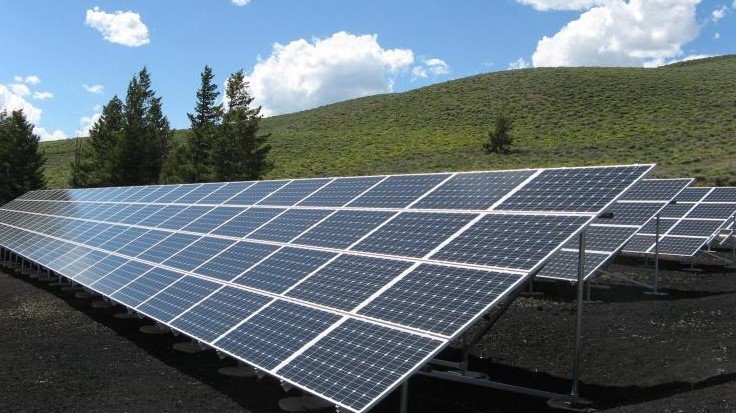Business leaders from around the world have called on governments to speed up the shift away from fossil fuels as COP30 kicks off in Belém, Brazil. This urgent plea comes amid warnings that current national climate plans do not meet the goals needed to limit global warming, pushing for more action on clean energy to secure jobs and economic growth.
Urgent Call for Climate Action
Global business groups, representing thousands of companies, issued an open letter urging world leaders at COP30 to commit to strong national plans. They stress that moving away from fossil fuels is key to building resilient economies.
The letter highlights how renewable energy sources like solar and wind are now cheaper than fossil fuels in many places. Leaders argue that governments must redirect public funds to support this change. This move could create millions of jobs in clean tech sectors.
Recent events show the need for speed. Extreme weather in 2025, including floods in Europe and heatwaves in Asia, caused billions in losses. Business groups say delaying action will only raise costs for everyone.

Why Fossil Fuels Must Go
Fossil fuels drive most global emissions, making up about three-quarters of the total. Experts warn that without a fast transition, the world will miss the 1.5-degree Celsius target set in the Paris Agreement.
Business leaders point out that dependence on imported oil and gas weakens countries. They call for policies that boost local clean energy production to improve security and cut bills for families.
In 2025, clean energy investments hit record highs, with solar power leading the way. Yet, many nations still subsidize fossil fuels, slowing progress.
- Renewable energy now powers over 30 percent of global electricity, up from 20 percent five years ago.
- Jobs in clean energy grew by 10 percent last year, outpacing fossil fuel sectors.
- Extreme weather events in 2025 cost economies more than 200 billion dollars worldwide.
This shift also helps communities hit hard by climate change. Leaders say fair policies can ensure no one gets left behind in the transition.
Shortfalls in National Climate Plans
National plans submitted before COP30 promise only a 10 percent cut in emissions by 2030, far below the 45 percent needed. UN reports from late 2025 highlight this gap, calling it a major risk.
Business groups warn that weak plans create uncertainty for investors. They need clear rules to pour money into green projects.
Brazil, as host, faces pressure to lead by example. Its leaders have urged others to address fossil fuels directly at the summit.
A table below shows key emission reduction targets versus reality:
| Country/Region | Promised Cut by 2030 | Actual Projected Cut | Gap to 1.5°C Goal |
|---|---|---|---|
| European Union | 55% | 40% | 15% |
| United States | 50% | 35% | 15% |
| China | 25% | 20% | 5% |
| Brazil | 48% | 30% | 18% |
This data underscores the need for bolder steps. Analysts say stronger commitments at COP30 could close these gaps.
Many plans ignore the full switch to renewables. Business leaders push for roadmaps that include timelines and funding details.
Path to Clean Energy Success
Redirecting finance from fossil fuels to clean options is a top priority. Governments can use taxes and incentives to make this happen.
Success stories abound. Germany’s push for solar has cut energy costs and created jobs. Similar efforts in India have boosted rural economies through wind power.
At COP30, talks will focus on mobilizing 1.3 trillion dollars yearly for developing nations. This funding aims to help them build clean infrastructure.
Businesses are ready to invest if policies align. They see huge opportunities in electric vehicles and green tech.
Global Reactions and Hopes
World leaders and activists have echoed the business call. UN officials demand concrete plans and more adaptation funding, at least 40 billion dollars this year.
Reactions on social media show strong support, with posts highlighting the need for urgent change. Many see COP30 as a turning point after a year of climate setbacks.
Brazil’s environment minister has invited heads of state to tackle fossil fuels head-on. With 57 leaders attending, expectations are high for real progress.
The summit runs from November 10 to 21, 2025. Observers hope it will build on past agreements and set a new course.
Challenges Ahead
Not everyone agrees on the pace. Some oil-dependent nations resist quick changes, fearing job losses.
Business leaders counter that a just transition can protect workers through training and new opportunities.
Rising sea levels and droughts add pressure. In 2025, these issues displaced millions, showing the human cost of inaction.
Experts predict that bold action now could save trillions in future damages. They urge unity at COP30 to make it happen.
What do you think about the push for clean energy? Share this article and comment below to join the discussion on climate action.








